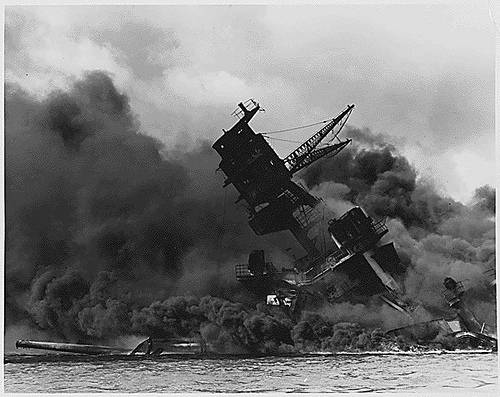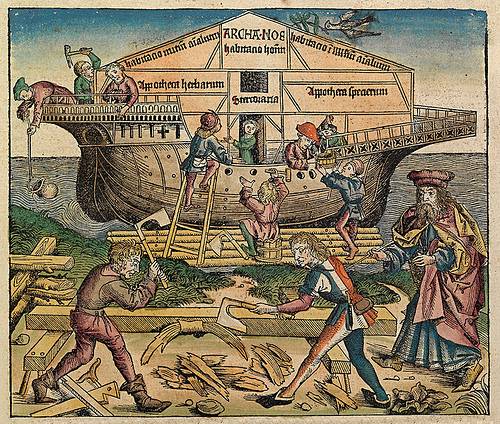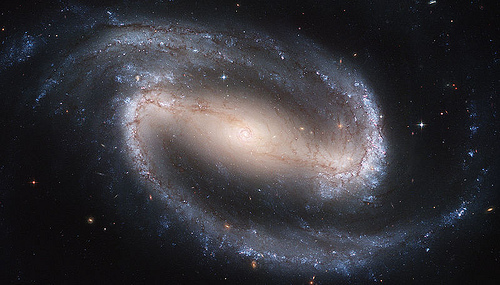
Acclaimed English actress Sarah Siddons made her Dublin debut in May 1784. Evidently some Irish theatergoers felt the hype was excessive — here’s one sardonic review, quoted in English as She Is Wrote, 1883:
“On Sunday, Mrs. Siddons, about whom all the world has been talking, exposed her beautiful, adamantine, soft, and lovely person, for the first time at Smock Alley Theatre in the bewitching, melting, and all tearful character of Isabella. From the repeated panegyrics of the impartial London newspapers, we were taught to expect the sight of a heavenly angel, but how were we supernaturally surprised into almost awful joy at beholding a mortal goddess! … When she came to the scene of parting with her wedding ring, ah! what a sight was there! the very fiddlers in the orchestra, albeit unused to melting mood, blubbered like hungry children crying for their bread and butter! and when the bell rang for music between the acts the tears ran from the bassoon players’ eyes in such plentiful showers that they choked the finger stops, and making a spout of the instrument poured in such torrents on the first fiddler’s book that not seeing the overture was in two sharps, the leader of the band played it in one flat. But the sobs and sighs of the groaning audience and the noise of corks drawn from smelling bottles prevented the mistakes between sharps and flats being heard. One hundred and nine ladies fainted! forty-six went into fits! and ninety-five had strong hysterics. The world will scarcely credit the truth when they are told that fourteen children, five old men, one hundred tailors, and six common councilmen were actually drowned in the inundation of tears that flowed from the galleries, the slips, and the boxes, to increase the briny pond in the pit. The water was three feet deep. An Act of Parliament will certainly be passed against her playing any more!”




